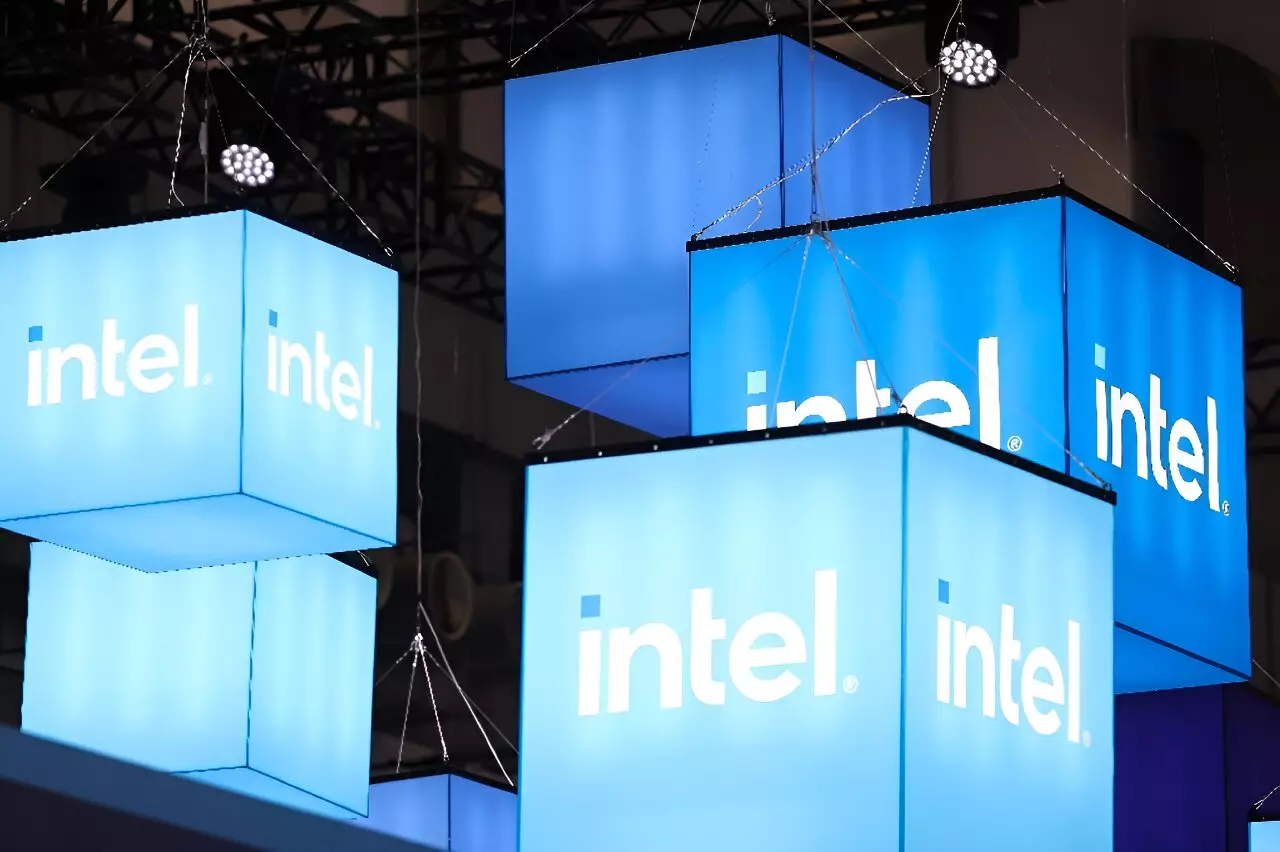On Monday, Intel announced a significant delay in its plans to construct two major semiconductor factories in Germany and Poland, citing lower-than-expected demand for chips. This development marks a setback for both European nations that have heavily invested in these projects, banking on them as a means to invigorate their respective tech industries. While the semiconductor market is often characterized as fast-paced and responsive, Intel’s decision underscores the unpredictable nature of supply and demand in the post-pandemic world.
Government Investment and Regional Impact
The ramifications of Intel’s announcement extend beyond corporate strategy; they also influence national economic policies and investments. The German and Polish governments had pledged substantial subsidies, with Germany’s financial commitment increasing to nearly 10 billion euros as they sought to solidify their positions as leaders in semiconductor manufacturing. The original launch date for these projects had been set for 2023, but a combination of macroeconomic factors—including rampant inflation spurred by the Ukraine war—led to prolonged negotiations and uncertainty. For both nations, the anticipated boost to employment and the technology sector now appears jeopardized, casting doubts on their aspirations for a self-sufficient chip industry.
Despite the setbacks in Europe, Intel remains undeterred in its domestic ambitions. The company plans to maintain its existing projects in the United States, highlighting a strategic pivot toward bolstering local manufacturing capabilities. Recently, Intel has garnered up to $3 billion in funding from the U.S. government, aimed at enhancing semiconductor production specifically for military applications. This funding aligns with broader national security objectives to create a more resilient domestic chip supply chain, especially significant in light of global tensions.
The challenges faced by Intel are reflective of larger trends within the semiconductor industry. Initially catalyzed by the global pandemic, a quest for self-sufficiency has gained momentum in various regions, including Europe, as countries aim to diminish their dependence on semiconductor supplies from Asia. The escalating geopolitical climate has further spotlighted the risks associated with over-reliance on foreign manufacturing powerhouses. As nations strive to cultivate their own semiconductor production capabilities, Intel’s delays could hinder efforts to establish a robust European industry in the interim.
The Road Ahead
Intel CEO Pat Gelsinger has reiterated that the company’s factory in Ireland will continue to serve as the primary hub for its European operations. Nevertheless, the planned two-year pause in projects in Germany and Poland may reshape the strategies of EU member states as they navigate the unpredictable market landscape. The decisions made now will have profound implications for the region’s competitiveness and its ambitions to be at the forefront of semiconductor production. It is evident that Intel’s trajectory will require astute management and adaptability as both the company and governments seek to respond to evolving market realities. As the semiconductor sector continues its tumultuous journey, the lessons learned from such delays could inform future endeavors not just for Intel but for the entire industry.


Leave a Reply